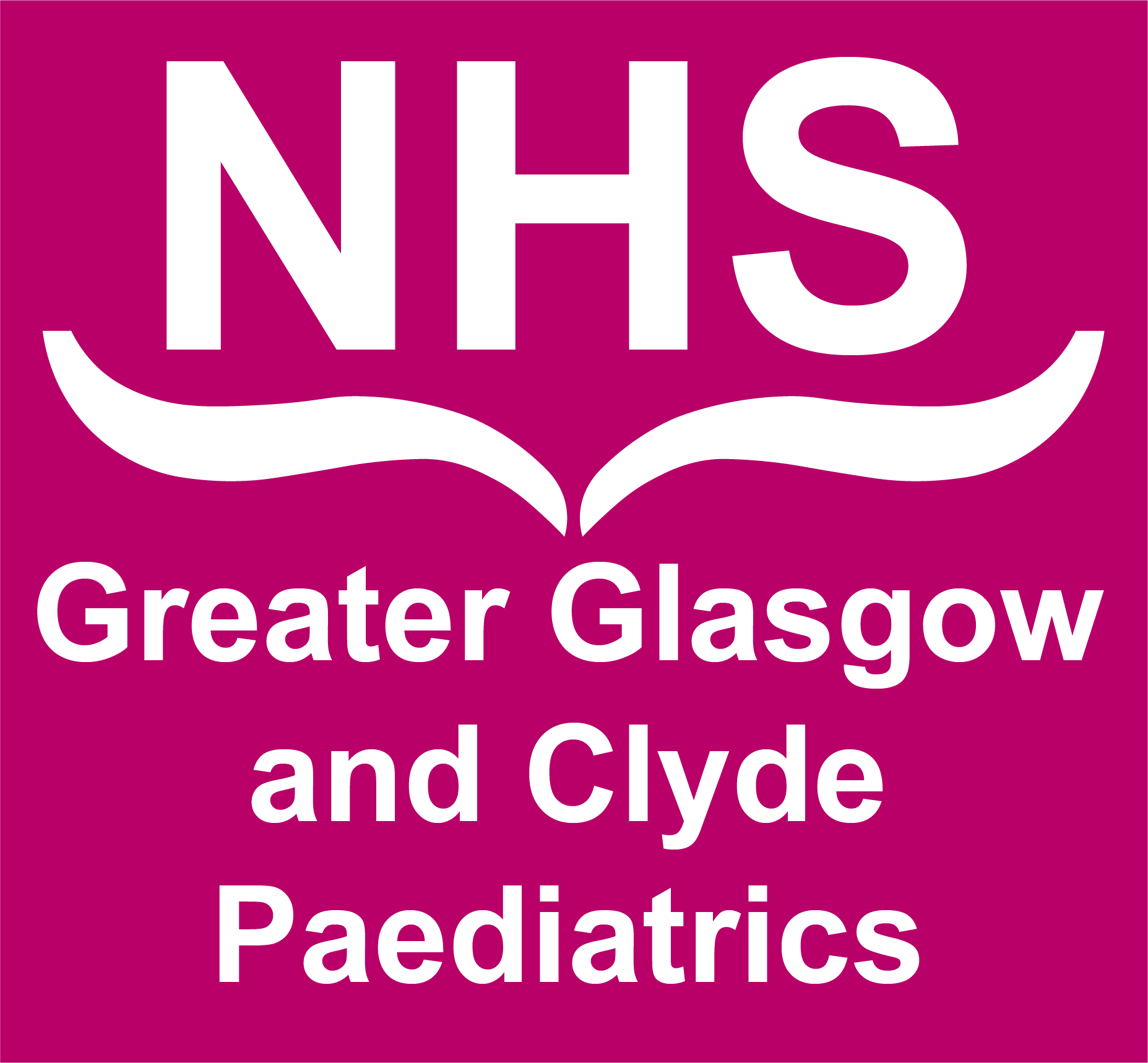Proton Pump Inhibitor guideline for neonates and paediatrics (921)

Use of Proton Pump Inhibitors (PPIs) in Neonates and Paediatrics.
1. Objectives
The aim of this guideline is to standardise prescribing practice of PPIs whilst ensuring patients are given appropriate and effective treatments.
2. Scope
This guideline covers the use of PPIs in neonates and paediatrics, across primary and secondary care, within NHS Greater Glasgow and Clyde. It is intended for use by all health professionals involved in the care of these patients.
3. Introduction
PPIs are indicated for use in patients for:
- gastro-oesophageal reflux disease that has not responded to other treatments such as feed thickeners, alginates or H2-receptor antagonists (if supply resumes)
- persistent or significant symptoms of reflux oesophagitis despite other measures
- prevention or treatment of peptic ulceration (e.g. alongside long term steroids/NSAIDs)
- H pylori eradication regimens
The need for ongoing treatment should be reviewed regularly and is particularly important for infant GORD.
Licensed suspensions of oral omeprazole are available, however there are limitations to the use of these products (see further advice section in attached document), and these products are not currently recommended for use for paediatric patients in NHSGGC.
Within general paediatrics, orodispersible tablet and capsule formulations of PPIs have been used successfully with little need for alternatives (see tables in attached document for further advice).